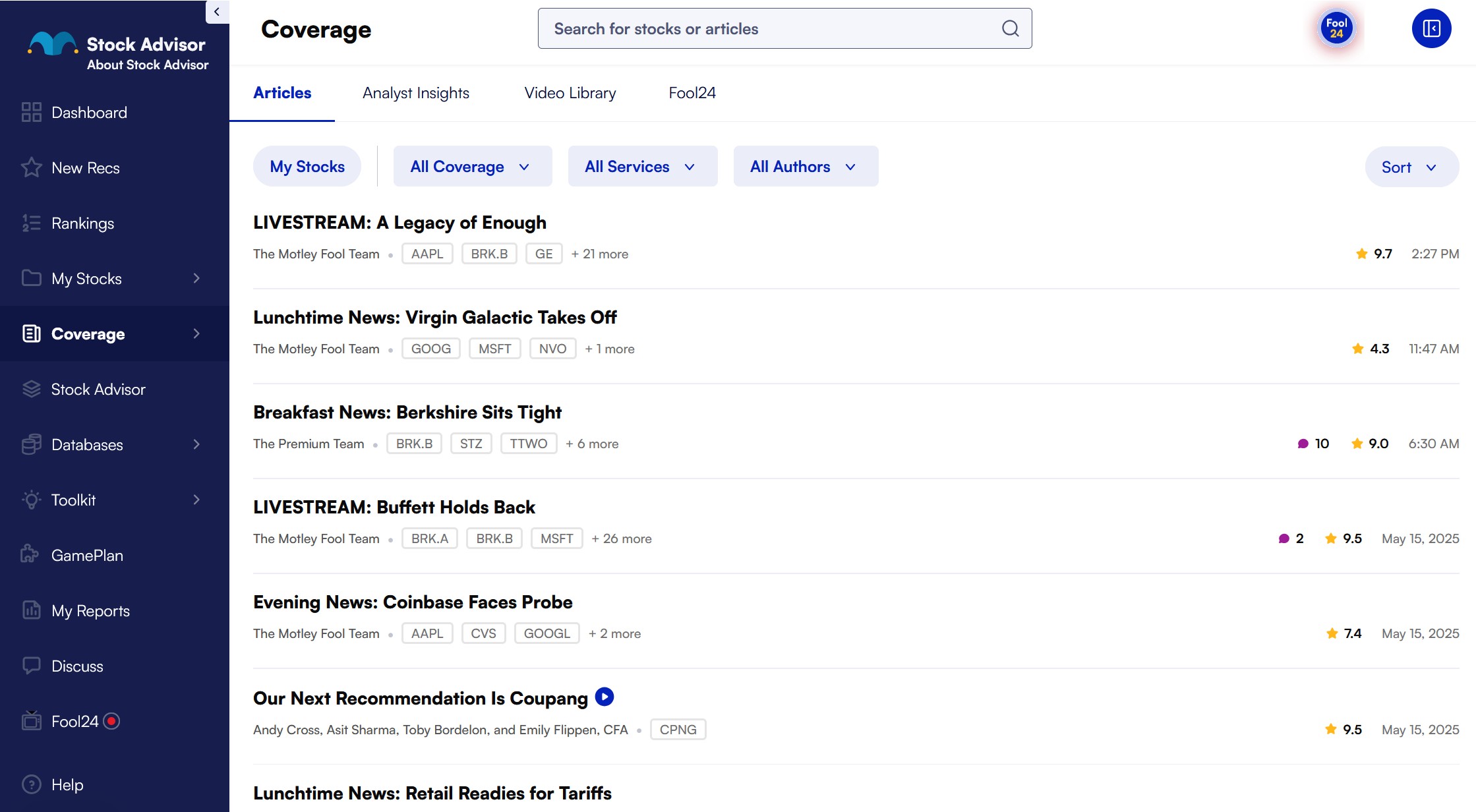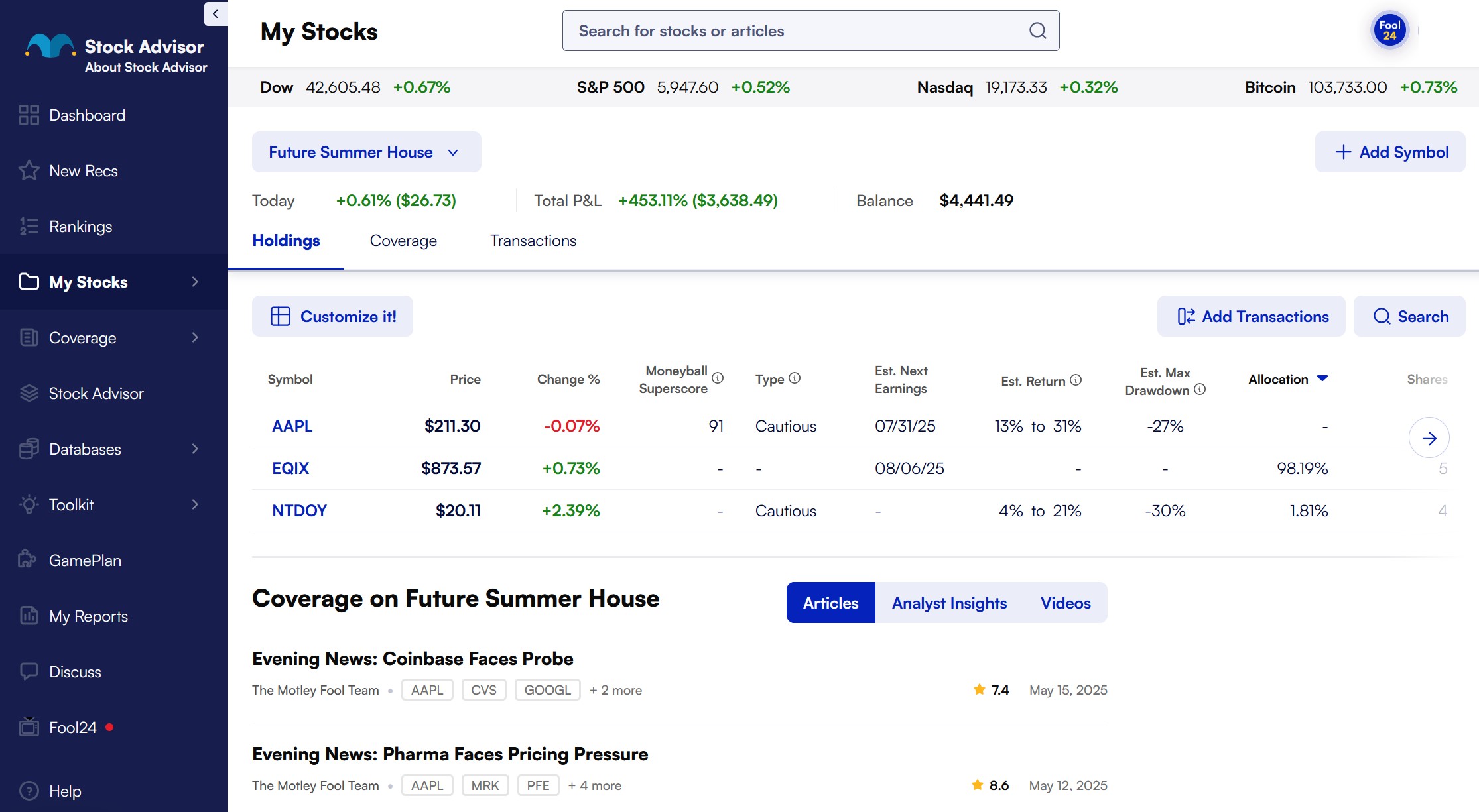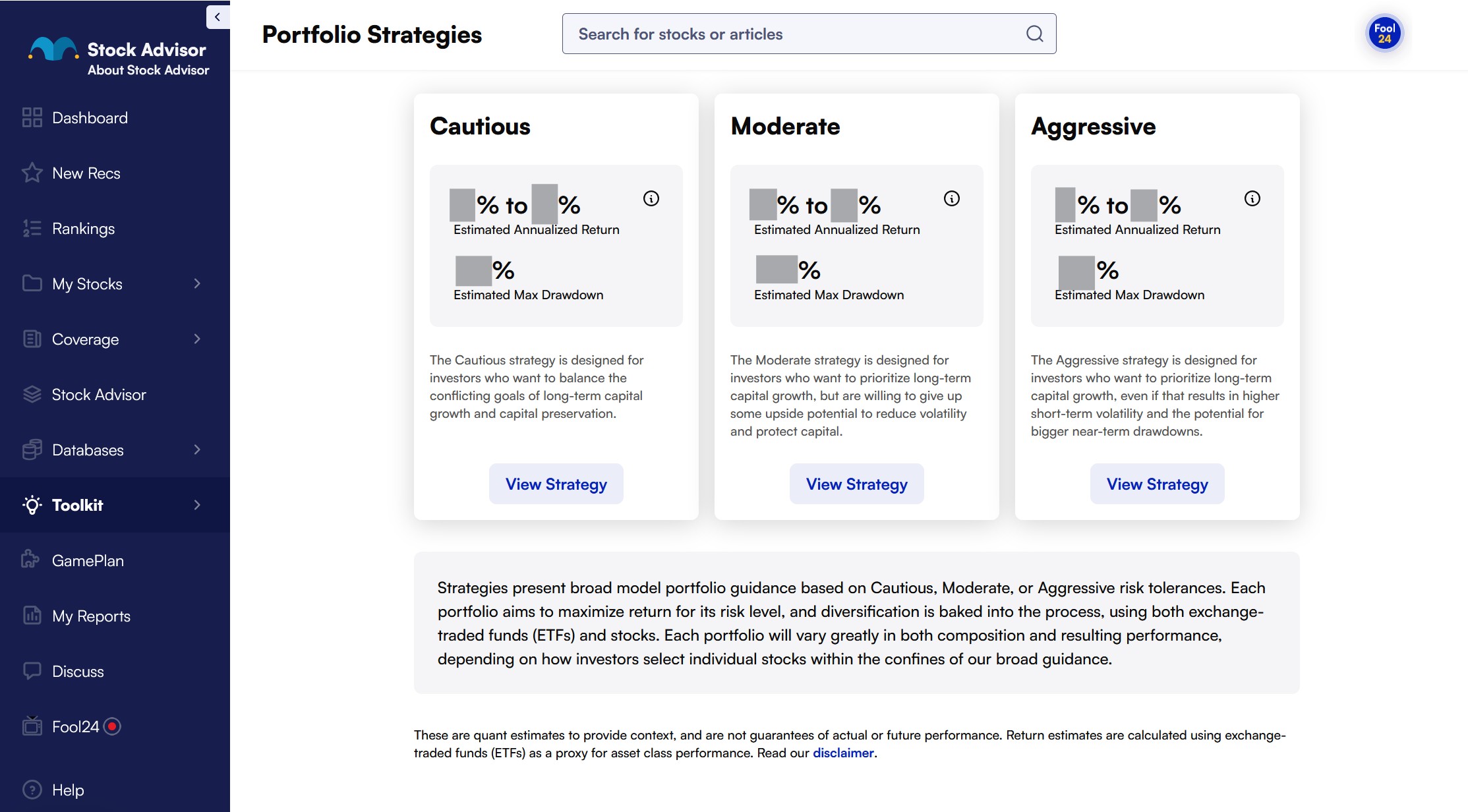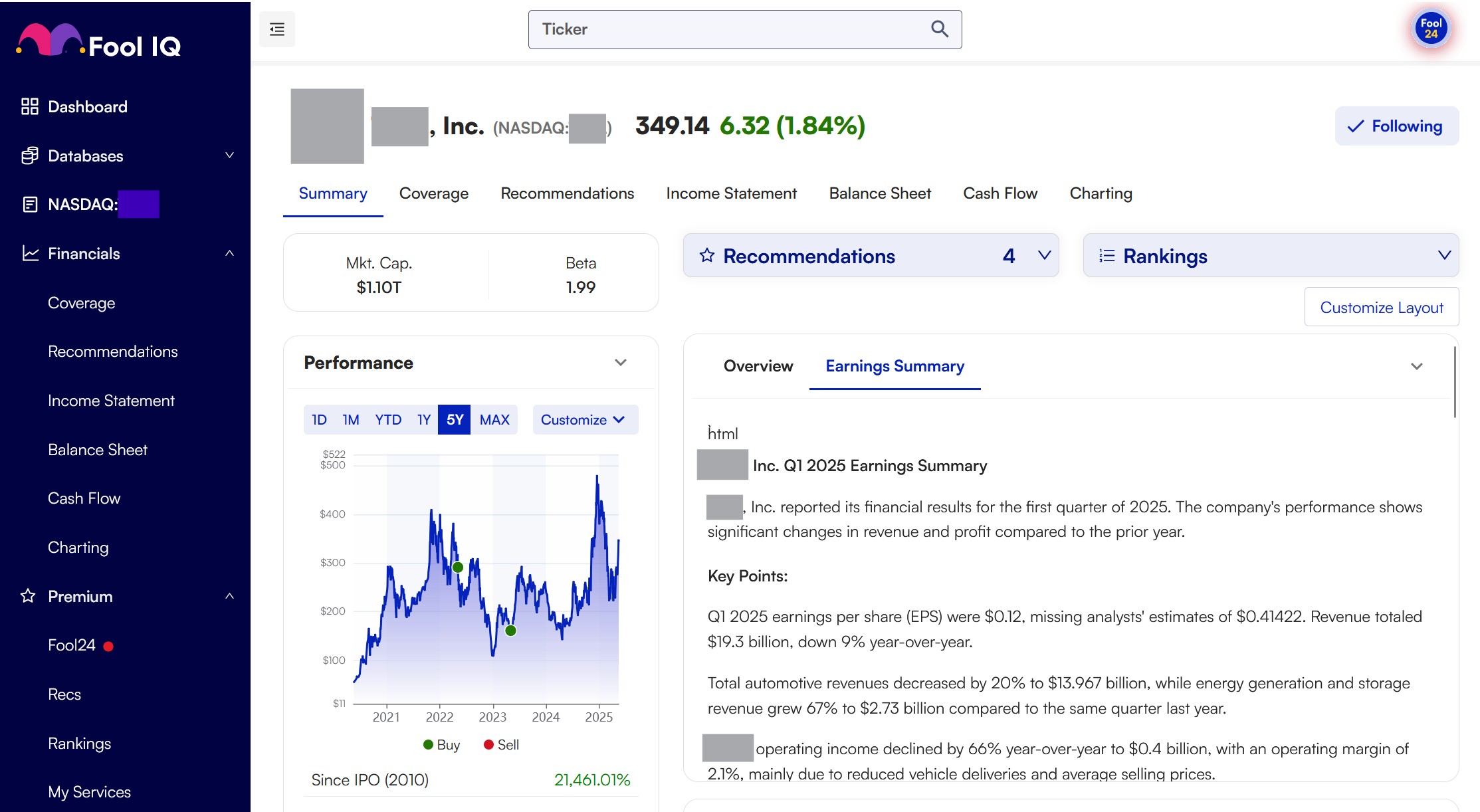
Stock Advisor
Expert Analysis and Market-Beating Returns
Thousands of individual investors just like you save time and potentially make money with Motley Fool Stock Advisor.
Already a member? Sign in here ›
For over 20 years, Stock Advisor has delivered a proven track record of market-beating returns. Each month, investors receive two carefully selected stock recommendations to help potentially grow wealth faster—plus expert insights, financial planning articles, and top ETF picks to help investors build the financial future you’ve worked so hard for (and a little bit of Foolish fun along the way)!
Key Features
Stock Advisor Is a Comprehensive Investing Resource






MARKET BEATING RETURNS
Stock Advisor Has More Than Quadrupled the S&P 500 Over the Last 21 Years
Stock Advisor has outperformed the market by more than four times through rigorously combing every corner of every industry for overlooked companies we believe could be posed to shatter the market – often when these businesses are flying under Wall Street’s radar.

Stock Advisor helps investors...
With 2 new recommendations every month and our top 10 stocks, you’ll always have fresh investment ideas.

With 2 new recommendations every month and our top 10 stocks, you’ll always have fresh investment ideas.

Average Stock Advisor Recommendations Have Returned of 950%




OUR INVESTING TEAM
Will Teach You the Principles of Investing
Additional Premium Investing Resources
For Investors Who'd Like More Stock Recommendations, Tools, and Features


Compare Motley Fool Services
2
5
8+
with daily Moneyball recs
$25K+
$50K+
$100K+
Cautious, Moderate, Aggressive
Cautious, Moderate, Aggressive with specific stock allocation
Cautious, Moderate, Aggressive with specific stock allocation
Partial
Full
Full
Partial
Full
Full
Covers 190+ companies
Covers 340+ companies
Covers 3,500+ companies
Covers 3,400+ companies
Everything in Stock Advisor plus:
Rule Breakers
Dividend Investor
Hidden Gems
Everything in Stock Advisor & Epic plus:
Trends
Value Hunters
Global Partners



